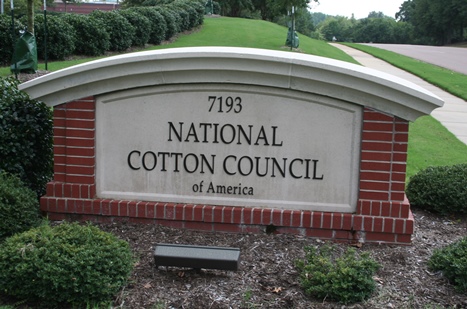Putting The Plan Into Action
A couple of years ago, I joined a civic service organization because I thought it would be a good way to give back to the community. The membership seemed well-intentioned, but I later discovered that the group was more talk, and less action. That’s not the case for the National Cotton Council. Its leaders are proactive in making a difference for its members and the U.S. cotton industry. This month’s Heard Round the Belt includes excerpts from comments I heard last month from NCC Chairman John Pucheu at the Mid South Farm and Gin Show in Memphis. The NCC plans to influence Farm Bill legislation, and they aren’t just talking about – they are putting it into action.
John Pucheu, Chairman National Cotton Council
In 2007, the National Cotton Council will continue to pursue the cotton industry’s priorities on multiple fronts with a primary focus on the adoption of a good farm policy and a positive outcome of the WTO situation. We have recently asked the USDA to help the council evaluate all facets of the upland cotton marketing loan. It is of critical importance that proposed changes to the marketing loan program be carefully considered and analyzed to avoid any unforeseen consequences.
I imagine that most of you have heard Secretary of Agriculture Mike Johanns remind the U.S. industry that we expect to export 80% of our annual production. The secretary’s statements on our export volumes bring three critical points for discussion.
First, why do we export such a large portion of our production? The U.S. cotton industry sought a much different agreement for textiles and apparel in the Uruguay Round of negotiations. Our textile industry was left virtually unprotected by the language of that agreement … and was decimated … Imagine what cotton prices would look like if we still had a domestic industry that was consuming 12 million bales a year.
Second, which country takes the largest portion of our raw cotton imports? The U.S. cotton industry knows the answer is China. But where is China in the Doha negotiations? What is the U.S. seeking in market access from China?
Third, the secretary stresses the need for new farm policy to be WTO compliant. But writing a weak Farm Bill today that attempts to meet unknown future disciplines that might arise from negotiations that are currently showing little movement does not seem like a sound strategy.









